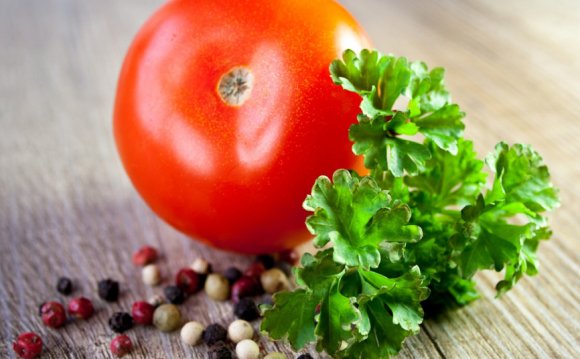
 Written by Due to our monthly cycles, pre-menopausal women simply need more iron. Iron-deficiency anemia is very common in young women. The recommended iron intake for pre-menopausal women is 18 mg, and the recommendation increases to 27 mg for pregnant women. Our No. 1 nutrition tip for women is to regularly include iron-rich foods such as meat, shellfish, beans and enriched cereals in your diet.
Written by Due to our monthly cycles, pre-menopausal women simply need more iron. Iron-deficiency anemia is very common in young women. The recommended iron intake for pre-menopausal women is 18 mg, and the recommendation increases to 27 mg for pregnant women. Our No. 1 nutrition tip for women is to regularly include iron-rich foods such as meat, shellfish, beans and enriched cereals in your diet.
- Bone up on Calcium AND Vitamin D
Calcium not only builds and strengthens bones and teeth. It is also important in maintaining normal heart beat and regulating blood pressure. Some studies suggest that calcium supplements may help relieve premenstrual syndrome PMS. On the other hand, vitamin D nutrition plays an integral role in calcium metabolism. Studies showed that women with vitamin D insufficiency absorb less than 10 percent of available calcium. In other words, even if you have an adequate calcium intake, you may not absorb it effectively if you have low levels of vitamin D. For average adult women, the recommended intake for calcium and vitamin D is 1000 mg and 200 IU respectively. - Love your Dark Greens
Green vegetables such as kale, chard, collard greens, bok choy, broccoli, asparagus, green beans, etc. are packed with vitamins A and C, fiber and phytonutrients. In addition, they are also high in folate, an important vitamin for pregnant women to prevent neural-tube defects in infants. The 2005 Dietary Guidelines recommends at least 2 1/2 cups of vegetables daily. - Berries by far are my favorite fruits! They are loaded with vitamin C, folate, fiber and phytonutrients. Indeed, fresh berries are some of the most powerful disease-fighting foods available as they top the Oxygen Radical Absorbance Capacity (ORAC) score chart, which is a method of measuring antioxidant activity. Cranberries, for instance, are shown to decrease incidences of urinary infection in women. Super powerful for such tiny fruits! Here's a nutrition tip for all women - berries are your friends!
- This nutrition tip cannot be simpler! Not only does breakfast give you the fuel to start a new day; it also helps maintain your weight. When we skip a meal, our body thinks that we are in starvation mode and therefore slows down our metabolism as a means to compensate. We then tend to overeat at the next meal. Try including at least three food groups in your breakfast so that you do not need to prowl for a mid-morning snack.
Source: www.healthcastle.com
INTERESTING VIDEO

Tips of Healthy Diet and Nutrition for Women

Pregnancy Health: Nutrition Tips for Pregnant Working Women

Nutrition Tips For Lean Women With PCOS









